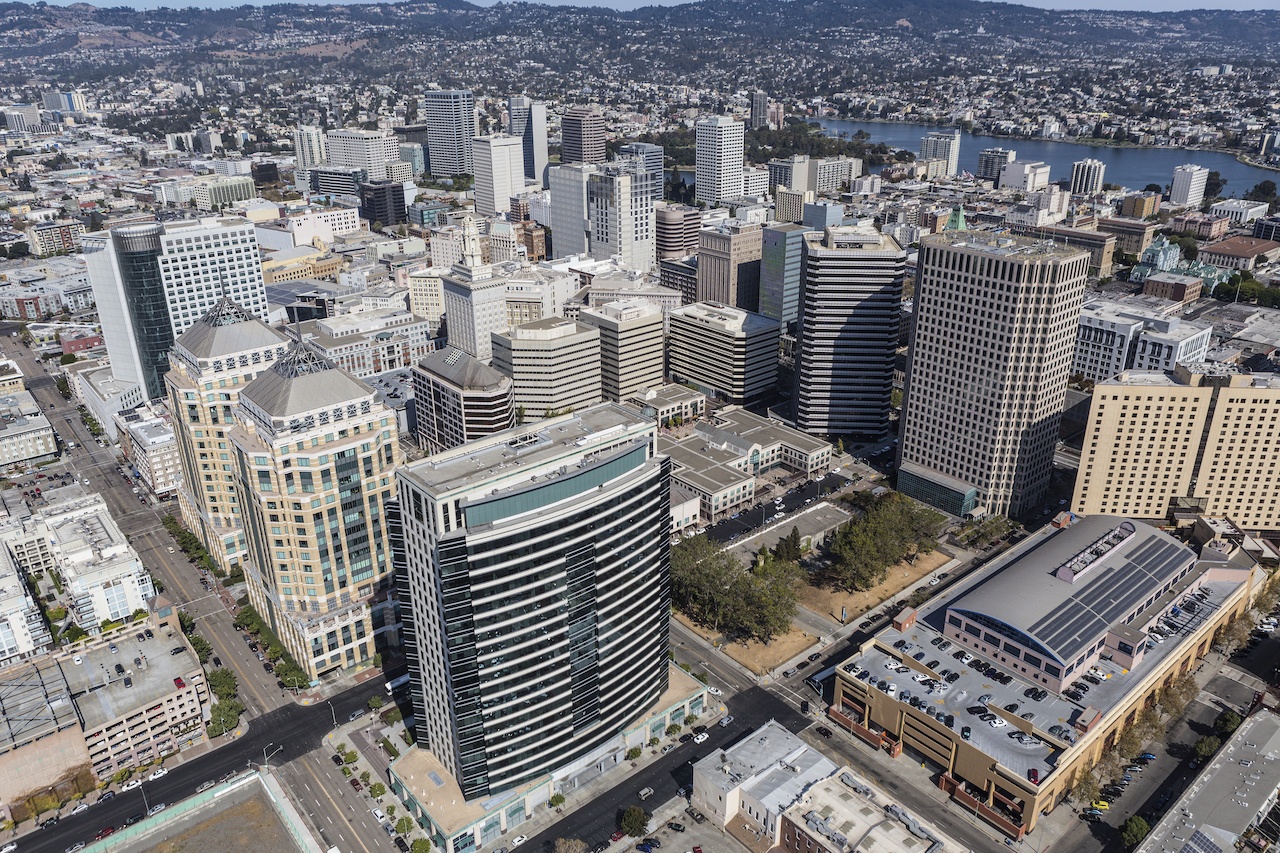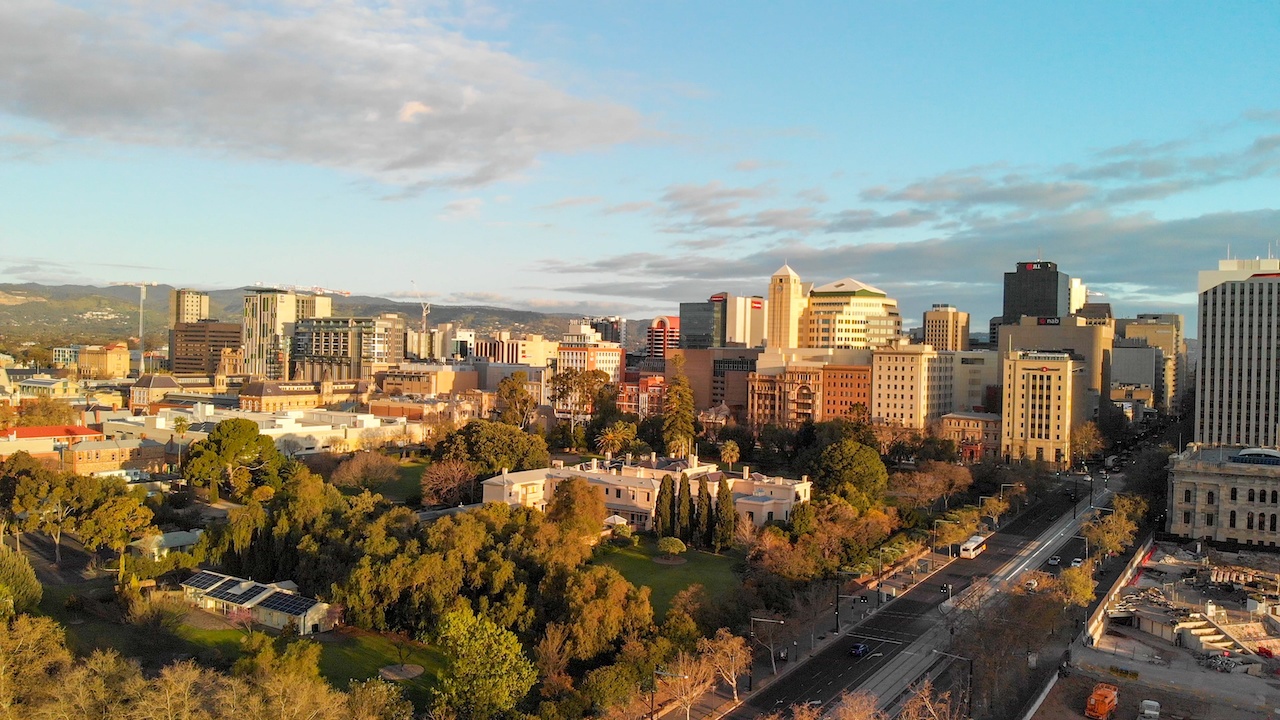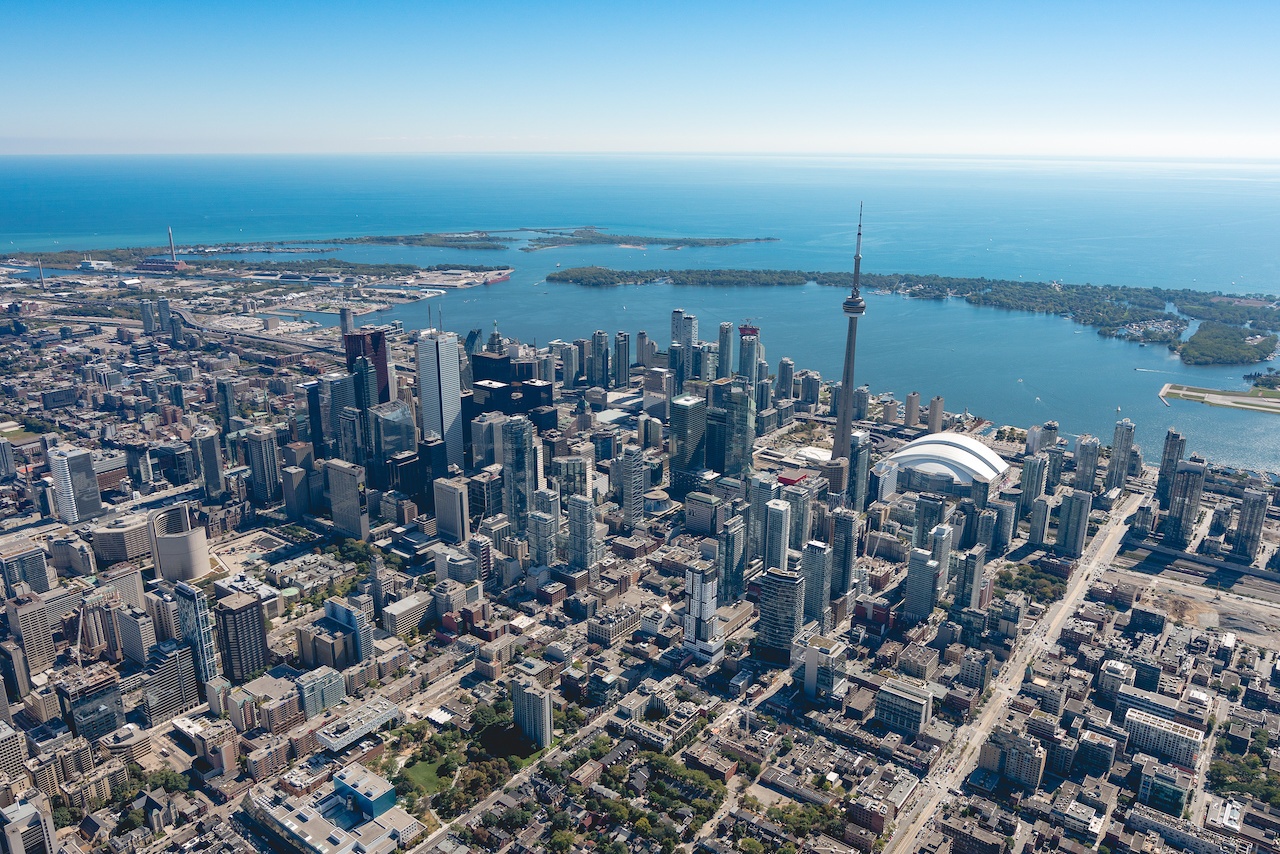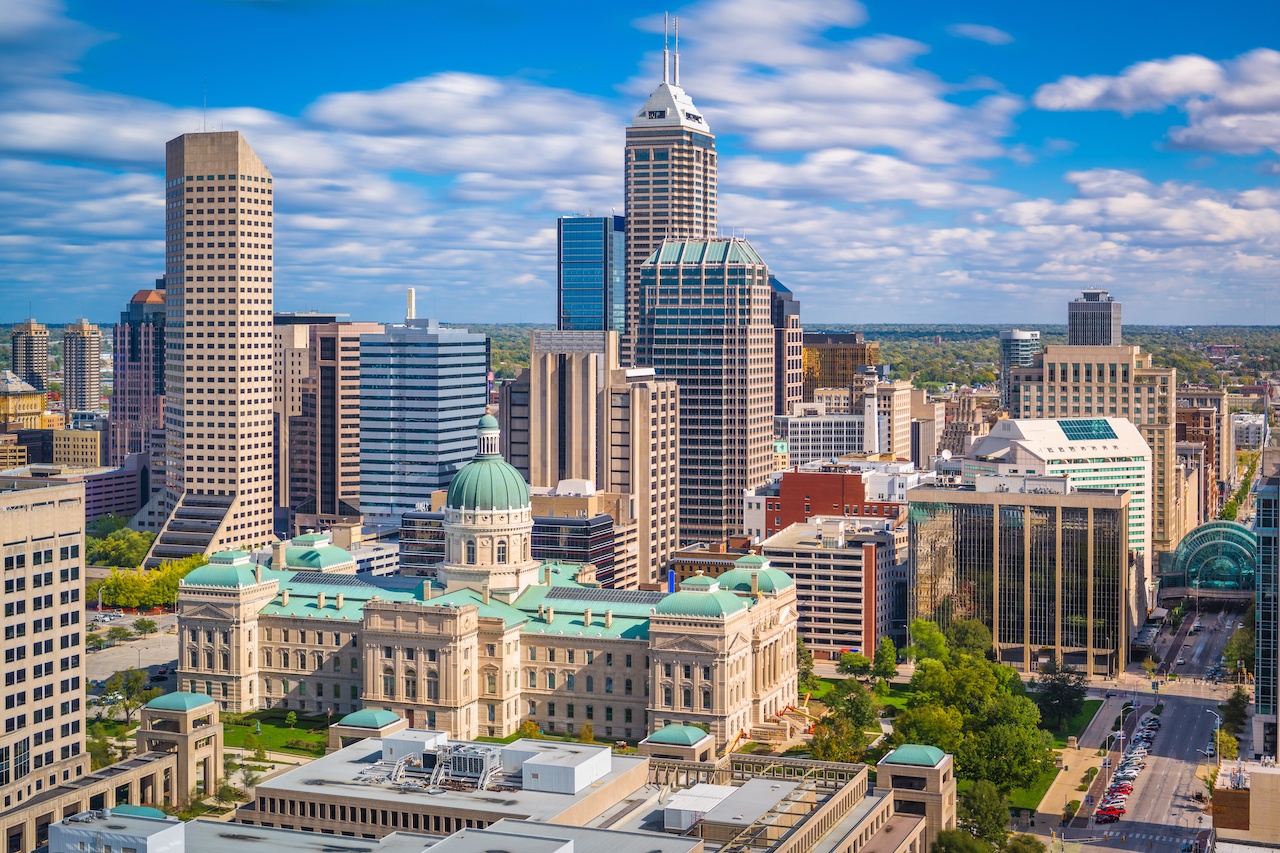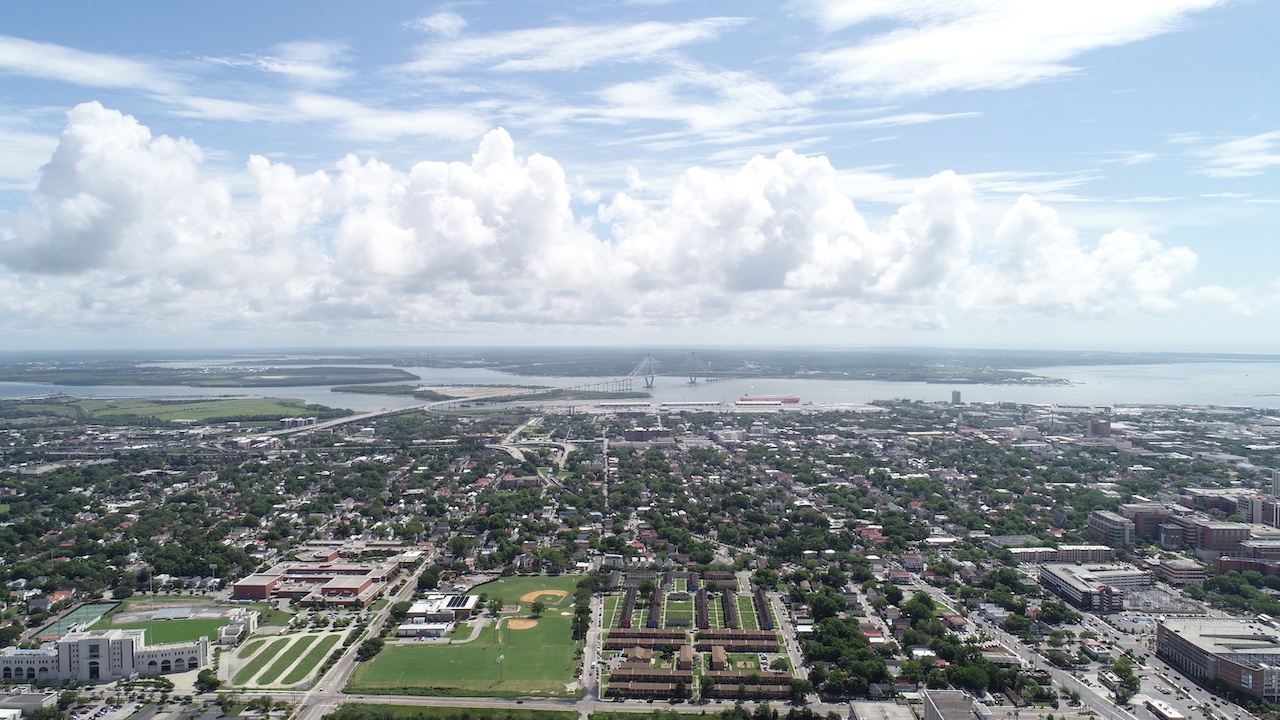Governance
A broad category of content focused on governance in cities.
Examples: Urban policy, justice, municipal services
The California Roadmap to a Carbon Free Future for the Built Environment
We are on the path to obtain all of California’s electricity from carbon-free resources by 2045. This transition makes it possible for the built environment to achieve carbon neutrality by converting systems that are currently powered by fossil fuels to already available technologies powered by electricity.Decarbonizing other fuel sources is much more complicated and costly. There is a concerted effort to replace natural gas with renewable biogas and captured methane from landfills, wastewater treatment facilities, and dairies, but these sources cannot fully serve our current and future needs. As a result, we must pursue all-electric buildings to achieve meaningful decarbonization of the built environment.
Talent Crisis in the Public Sector
When most municipal employees joined the workforce, Microsoft Windows 3 was state of the art; the early 1990s. Fast forward to approaching 2020s, and half the public sector will be retiring. City governments will struggle to respond to this “silver tsunami” and not just because of the sheer size of the brain drain. Government struggles to hire and retain younger workers. Why is that? Read on to find out how partnerships can close the culture gap.
Planning for the New Economy
Strengthening regional economies means growing new industries, supporting local business, improving access to family-wage jobs, and building opportunity for all. However, land use and transportation policy and investment decisions are largely isolated from the aspirations of businesses and their workers. A better approach is needed.
Local Government Partnerships for Innovation
At Logan City Council in Queensland, we’ve taken a different approach to influencing change by harnessing the power of collaborative partnership. We’ve done this through focused initiatives involving community, universities and secondary schools, social innovators, change-makers, entrepreneurs, and our own staff.
One of the key drivers was to tap into the community of experts who were mentoring startups in neighbouring cities. Because that knowledge was leaving our city, local startups were following. The idea was keep both within Logan’s boundaries to strengthen Logan’s entrepreneurial ecosystem and deliver benefits back to our local community.
The State of Smart Cities Down Under
The State Government sector within Australia has been slower to play a leading role in Smart City development within Australia. However, the New South Wales State Government through it’s agency Infrastructure NSW is developing a State Government led Smart City development strategy and framework which could, if successful, provide a template for partnership, access, regulatory and governance outcomes to achieve optimal smart city developments with City and Regional Councils.
Inclusive Strategies for the Future of Work
As we navigate the tectonic shift to a digital work economy, we have to answer a simple question. What kind of world do we want? We don’t have to wait to see whether robots and software win. The pace and spread of change are already having a seismic impact on work. If we better understand what’s happening today, we can solve for tomorrow.
Legal Liability Could Catalyze Action on Climate Change
Litigation has long been recognized as a tool for compelling change in individual behaviors and industry standards, often serving as a stopgap where existing government regulations are inadequate. For example, litigation against tobacco companies helped raise awareness about the health impacts from smoking and played a part in spurring stricter regulations on cigarette manufacturing and marketing.
In the climate change context, we’re seeing an evolution of different legal strategies being employed to affect changed behavior and standards.
Making Cities Work for Every Body
When we first approached business owners about their interest in getting a ramp we were offering the them for a fee to cover some of our costs. But even at $50 most people weren’t interested. Some business owners told us that they don’t need a ramp because they don’t have any customers that use wheelchairs! Ha! So we had to figure out a different approach. We pulled together some volunteers, got some donated building materials, and went back with an offer of a free ramp.
Smart City, Smart Procurement Strategy
Cities have primarily relied on traditional procurement methods because of the ability to effectively evaluate vendor requirements – and well, they’re familiar. However, this method is ill-adapted to the rapid innovation in smart cities technology, and can leave the city with outdated technologies, considering the inflexibility of some traditional procurement processes.
To overcome this challenge, some cities are incorporating new tools into their traditional processes to accommodate the changing vendor landscape.
How Cities Can Ruin Relationships in Five Steps
Working with a coalition of more than 260 cities to help them engage residents to solve problems, we’ve learned a few things about what makes these relationships work and what can wreck them. When they work, long-term relationships between city leaders and citizens are the foundation for the collaboration that creates strong, vibrant cities.
The Urgent Need for Public-Private Collaboration for Improving Disaster Resilience
Disaster resilience is frequently pursued separately by the public and private sectors in the US. Federal, state, and local governments take it as their role to execute disaster preparedness and emergency response for their populations; however, economic recovery is often not addressed. The public sector does not necessarily engage businesses, nor does it seem to plan for the economic “reboot” required after a disaster, resulting in business disruption continuing for much longer.
How Local Governments Can Meet Ambitious Solar Energy Goals
The clout of local governments should never be underestimated. When Xcel Energy recently made the monumental decision to pursue a 100% carbon reduction goal by 2050, Chairman and CEO Ben Fowke noted that local communities are already leading the charge.

